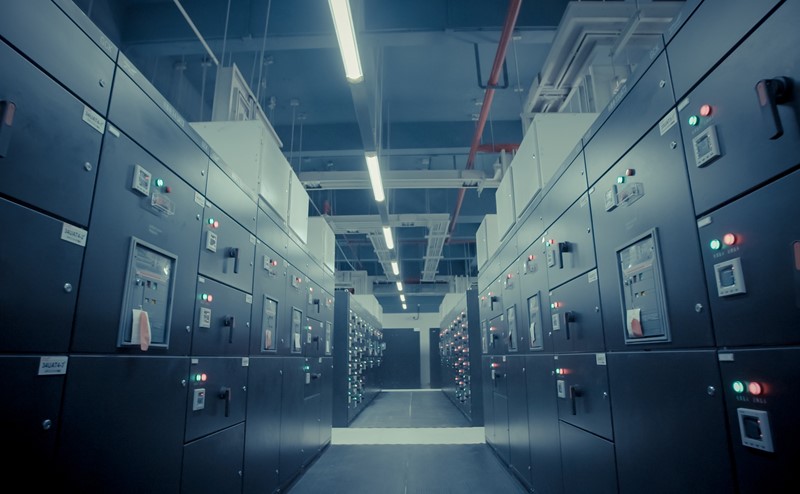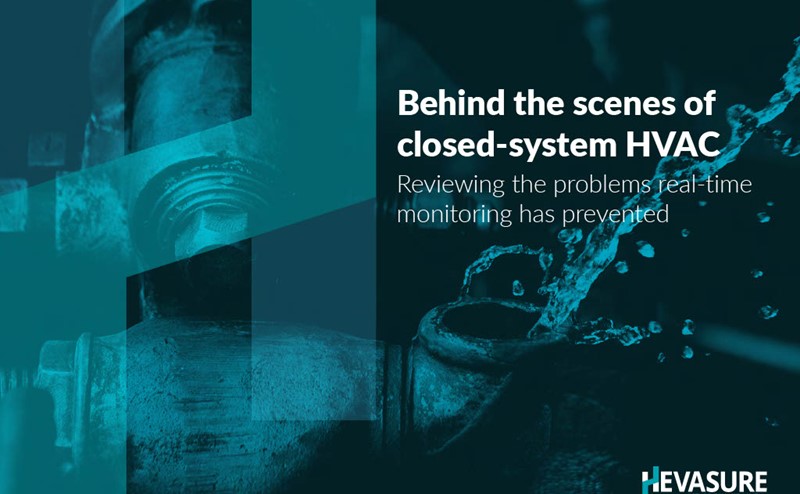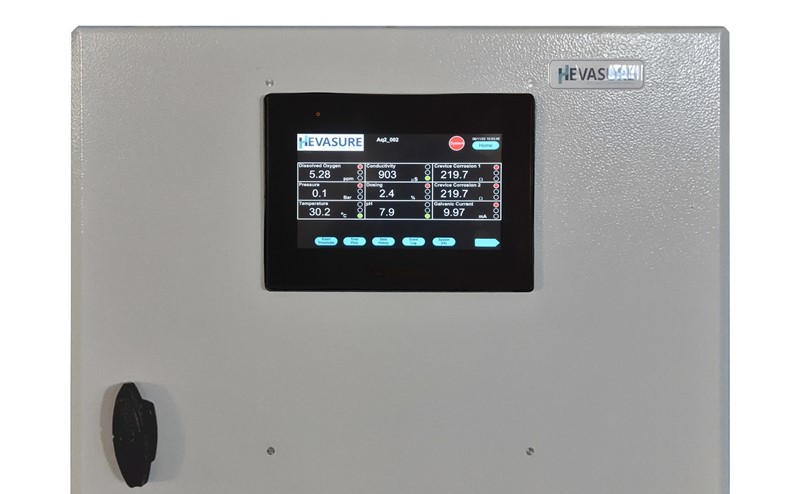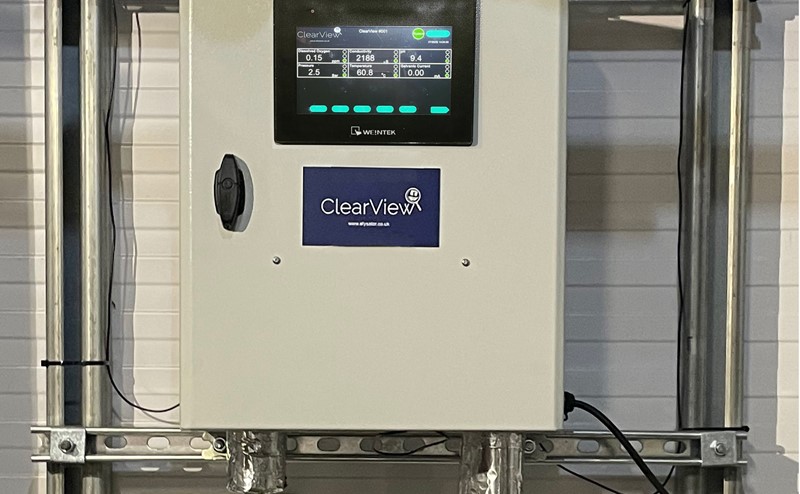
Secure HVAC monitoring for Data Centres – FAQs
Expensive to run and expensive if things go wrong, HVAC systems are a huge drain on data centre resources, but essential for overall performance and operation.
The best way data centre owners can mitigate against high cooling costs is by monitoring their closed-circuit water systems in real-time, 24/7. Changes in key parameters that indicate corrosive conditions, such as dissolved oxygen levels, loss of inhibitor or unstable pH, are flagged up immediately, allowing problems to be nipped in the bud.
Up until recently, however, this seemed at odds with security concerns, as the information collected was stored on the cloud. Collection of data from building services coupled with two-way communication with the outside world can leave secure environments vulnerable to cyber-attacks.
Why is HVAC so important for data centres?
Our increasing reliance on processing-intensive applications puts extra pressure on data centres. Racks of servers produce vast amounts of heat and performance will be compromised if cooling is inefficient.
In the event of prolonged exposure, servers will shut down completely to protect themselves, causing unacceptable downtime. Real-time monitoring of critical HVAC helps to mitigate against this risk by making sure cooling systems are reliable and efficient.
Do HVAC monitoring systems leave data centres open to cyber-attacks?
Potentially, yes. Digital transformation and connected devices are key to modern building management, however, the added complexity presents data security risks.
Remote monitoring systems can provide an ‘in’ for hackers if data is processed on the cloud or if third-party companies have access for remote maintenance.
Thanks to recent developments in secure building automation, however, even high-risk environments can reap the benefits of real-time HVAC monitoring, leading to more efficient cooling, fewer service interventions and more reliable operations.
How can secure HVAC monitoring be achieved?
We’ve developed a secure version of our flagship water monitoring technology, which protects closed-circuit water-based HVAC systems from damage and degradation caused by corrosive conditions.
Hevasure Aquila-S has been developed for high-risk environments where 'cloud' and internet communication is forbidden. In-built logic provides intelligent diagnosis, without the use of cloud storage.
All data processing is done locally, with data, alarms and messaging made available to a BMS via a secure BACnet interface.
What are the benefits of secure HVAC monitoring?
- Extend the life of HVAC plant – Closed-circuit HVAC systems monitored by Hevasure Aquila-S throughout their life will last longer and breakdown less.
- Increase ROI - Over a period of 10 years, 24/7 monitoring can save between tens of thousands of pounds across the board, improving energy efficiency, extending equipment life, reducing water treatment costs and importantly for building owners, preventing catastrophic failure.
- Prevent downtime – Overheating in data centres can cause operational failures. Secure real-time monitoring keeps corrosive conditions at bay and allows HVAC systems to meet their potential, ensuring data centres are reliable and safe.
- Leaner maintenance practices – with real-time monitoring, engineers are alerted to issues that need attention before damage occurs, rather than having to continually visit sites to check on key measures.
- Reduce energy requirements – Preventing corrosion in closed-circuit systems leads to efficient heat transfer, leading to lower energy costs.
- Improve accountability – real-time data provides transparency across the board, from construction to handover, tenants and ongoing facilities management. The ability to pin-point and track disruption and resolution provides peace-of-mind to owners and ensures that misplaced blame is avoided.
To find out how Hevasure's monitoring technology could help your data centre run more efficiently and securely, contact our partners today.







